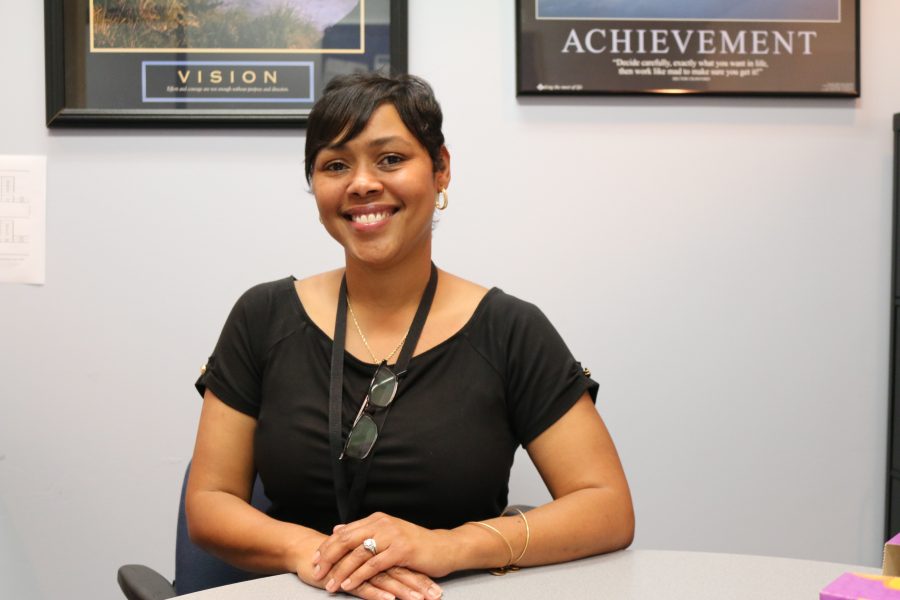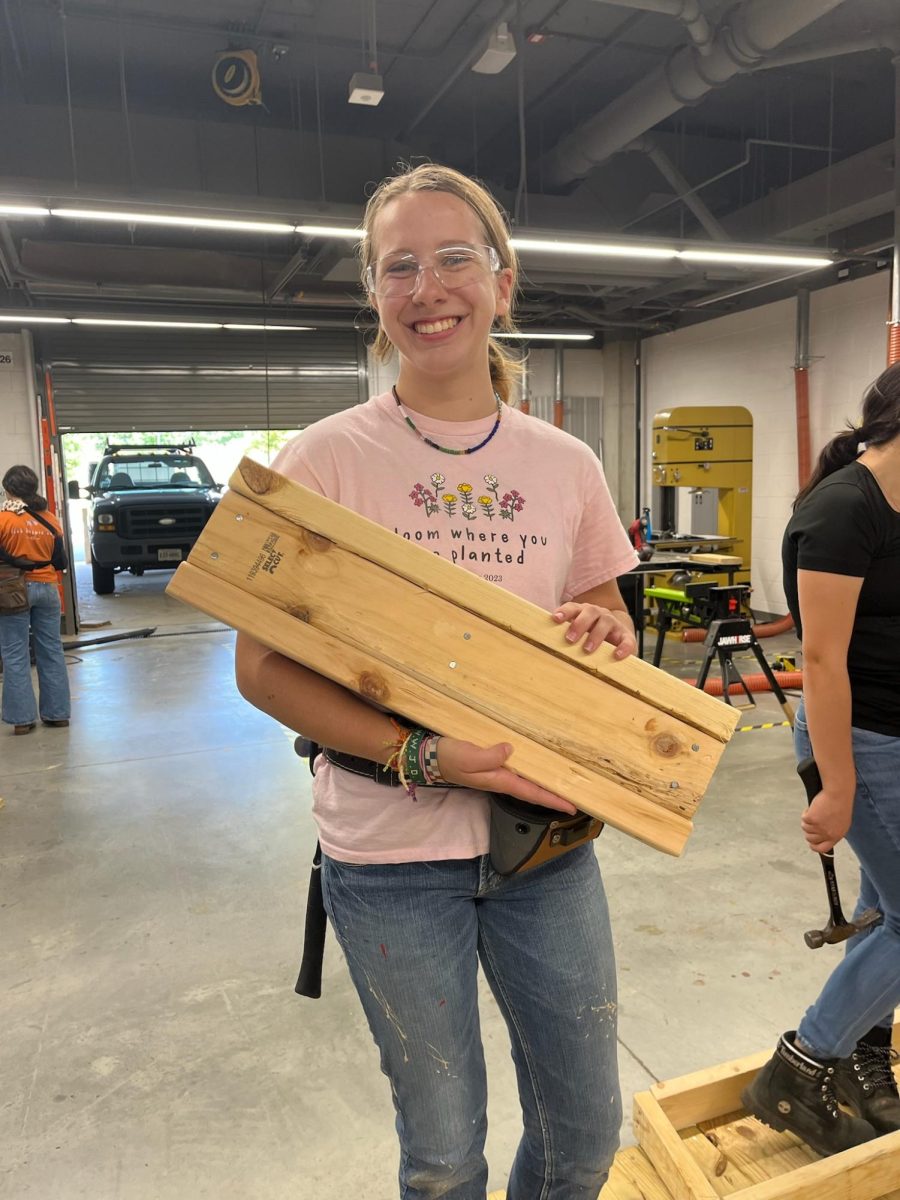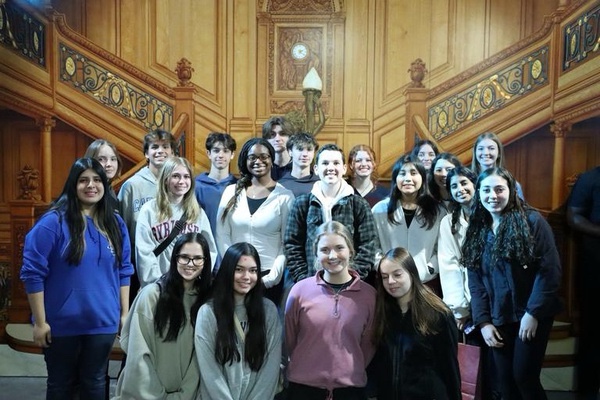By Courtland Blake
Though the beginning of the school year brings back the stress that often accompanies students’ school experiences, the Loudoun County School system has implemented a new way to help with this: a full time psychologist and social worker in all high schools. Tuscarora’s new additions to the guidance department are Dr. Lynsey Riley, the full time psychologist, and Celene Goodwyn, the full time social worker.
Riley, who worked at Discovery and Cedar Lane Elementary Schools in Ashburn last year, said, “This year the psychology department has decided every high school needs a full time school psychologist, so we’re here, dedicated to each high school.” Previously, schools were assigned a psychologist and social worker, but they worked at several different schools, so this is the first year every school has them working with them solely and full time.
Riley and Goodwin work to provide behavioral and mental health services for students.
“I do some individual and group counseling and running some student support groups to build skills like stress relief. I also work with teachers and other adults in the building to problem solve. If a student is having trouble, whether that be academic issues [or] problems with friends, we really try to provide a network of support,” said Riley.
Goodwin, who completed her undergraduate degree at the University of Virginia and her masters at Norfolk State University, works to help students and families get outside help.
“A school social worker does a variety of things. A lot of times I’m the link between the school and the community or the parent and the child. A lot of times I will do individual and group counseling with kids. I’ll meet with the students, sometimes I’ll meet with the parents, and then we’ll work out a plan and work with the students in school. I also link people [to outside resources], whether it’s counseling or whether they have other needs for their family.” Goodwin has done a variety of work, from suicide presentations, bullying, and mental health, and she specifically enjoys working with high schoolers because she enjoys the transition of preparing them for adulthood.
“I really like this population because I think that they have more self awareness and they have more opportunities to advocate for themselves and I really like that the students are a little bit older and more mature and can become engaged with the process of making change,” she said.
Riley and Goodwin do jobs similar to the school counselors, but they tend to work with students who have more serious problems or mental health issues and who might need more one-on-one, long term support.
“We’re still building up the framework with what that looks like [with the counselors] and how we can provide support in an efficient way. The school counselors are pretty much every student’s first point of contact. The students see counselors for classes and academic concerns, then if there are more significant mental health concerns the counselor will talk to us and we’ll get involved at that point,” said Riley. Goodwin reflected a similar outlook, saying they all often worked together to provide support to students.
“Sometimes we collaborate and sometimes we divide and conquer. If there’s a problem, we figure out how we can best work together to get it done,” she said.
Some big issues Riley and Goodwin often see among students are high stress, pressure, and anxiety levels. According to a survey done by the American Psychological Association,
stress made 30% of teens felt sad or depressed and made 31% feel overwhelmed. To deal with stress, Riley recommends for students to find ways among their activities to relax and unwind.
“A lot of students at Tuscarora are going from class to activity and are very busy. Make it so that there’s a little bit of time each day to decompress. Do nothing, do something fun that makes you happy, something that’s not related to school or any other responsibilities,” said Riley. She also mentions strategies that can help students calm down.
“There are pretty good stress relieving strategies: deep breathing, some people like meditation, some people like going for a jog to let out that anxious energy.” Goodwin mentions that being able to adapt your plans to new problems often helps students deal with stress.
“Sometimes just breaking things down into smaller, fragmented type of things makes it a little bit less stressful for you because you start to check off the small goals and then you can move onto bigger things. Even as an adult, you have to keep going back to the basics, keep going back to the drawing board, and being flexible and being able to adjust when things change helps to reduce your stress,” said Goodwin.
Riley’s advice to students is to appreciate the year and try to look at the bigger picture. “Step back and take time to enjoy the year. Take time to really enjoy friends, enjoy the activities you’re doing, and remember that one failed test doesn’t mean life is over. There are many paths to success, so don’t get too freaked out if one or two things don’t go right.”






